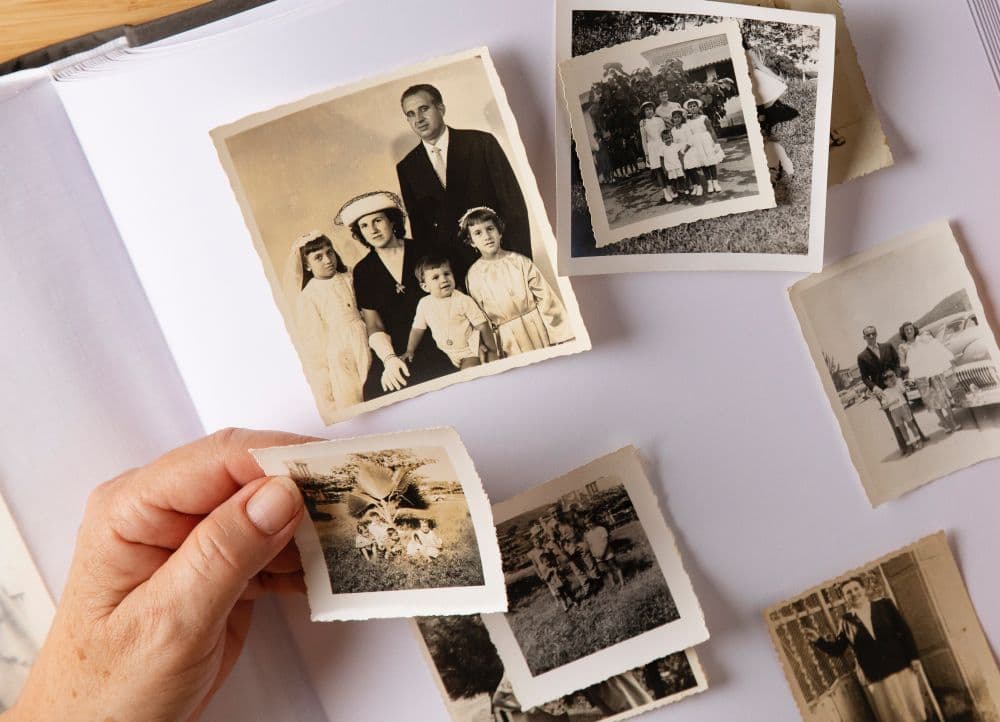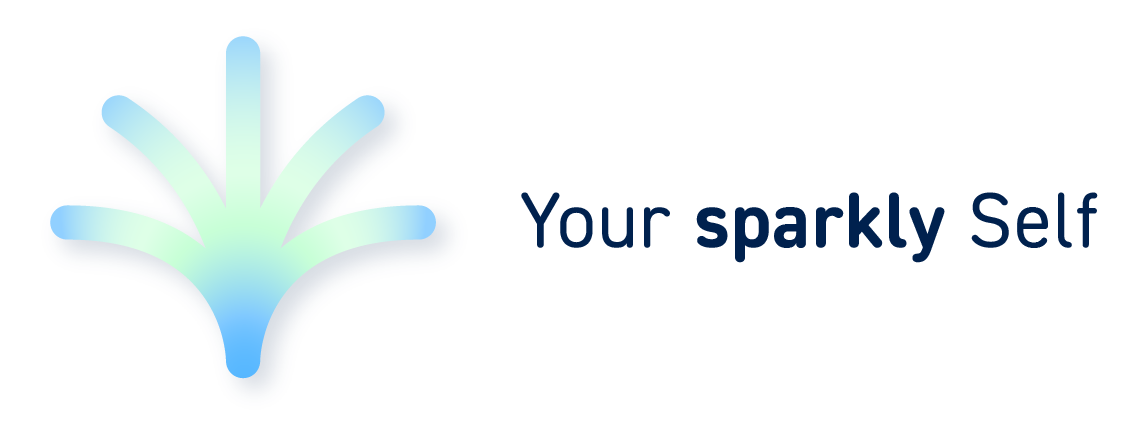Sparkly Blog
01|2025
Epigenetics
Our Origin: Our Ancestors

Why Ancestral Patterns Influence Our Lives
Our family history is more than a collection of stories. We don’t just inherit the genes of our ancestors; we also carry their experiences, beliefs, and even unresolved emotions within us. These influences shape us, often without our conscious awareness. For example, the fear a grandparent felt during wartime or a deeply rooted drive for independence passed down through generations may still affect us today.
Epigenetics explores how our environment influences our genes and how these effects can be passed on to future generations. These environmental factors include social and physical surroundings, trauma, nutrition, and loving relationships or care.
A well-known experiment with mice showed that the offspring of traumatized fathers exhibited the same anxious and depressive behaviors as their fathers, even though neither they nor their mothers had direct contact with them.
Follow-up research offered encouraging news: a positive and safe environment can reduce or even reverse these effects for future generations. This serves as beautiful evidence that, through environmental factors, we indeed have the power to promote healing, health, and well-being!
My Ancestors Within Me
In today’s individualistic culture, we are often encouraged to reflect deeply on ourselves. This journey of personal growth frequently brings us face to face with inner beliefs and self-limiting thoughts that may provoke fear, hold us back, or instill a sense of helplessness.
These patterns partially stem from our childhood and life experiences, coloring how we perceive the present. As previously mentioned, our family history is also a significant influence in shaping who we are.
It is an essential part of us – our origin. Within it lies a wealth of knowledge, strength, and helpful traits that influence us and continue to live on in us. At the same time, it may also carry obstacles such as traumas, existential crises, or unfulfilled life paths.
Healing Begins With Understanding
Healing is about more than physical recovery. By bringing the stories of our ancestors to life within us, reflecting on their significance and recognizing their impact, we gain valuable insights about ourselves.
We discover unconsious patterns, fears, and beliefs. But it’s not just shadows that emerge; family strengths such as resilience, wisdom, and love also come to light. By exploring our family history, we identify the patterns that either help or hinder us.
Sometimes, we struggle with unconscious patterns, such as loyalty conflicts or unresolved emotions.
For example, you might feel a constant sense of responsibility for everyone around you — without understanding why. Then — through genogram work — you discover that your mother felt the same way, and your grandmother as a teenager had to care for everyone in the family.
Or you might suddenly realize that your strong drive at work (and tendency toward being a workaholic) stems from your grandfather's belief that your worth is tied to career success. This conviction — passed down from your grandfather to your father — now influences you as well.
These are just a few examples of the realizations genogram work can reveal. By looking at the past, we gain valuable insights and deeper understanding of ourselves, our life journey and our relationships.
The Power of Genogram Work
This is a powerful tool for exploring the influence of your family history. In my practice, we create a family tree together, tracing back two generations. This is not just about names, dates and medical history, but also about emotional patterns, relationships, life experiences and lessons. It’s an exciting journey from past to present, offering a valuable gift for your life.
This process offers:
- •Insights into health and emotional themes that transcend generations.
- •Recognition of what belongs to you and what you can let go of.
- •Connection to the strengths and positive traits of your ancestors, fostering a renewed bond with your family.
- •Liberation by breaking destructive patterns and laying a healthy foundation for the future.
- •Self-acceptance through greater awareness of yourself and your origin.
I have experienced firsthand how this work has changed and enriched my perspective on my family and my life. Acknowledging the dual wartime histories of my grandfathers and the childhood traumas of my parents brought me not only an understanding but also a sense of gentleness within myself. I now more deeply feel the threads of love and resilience that run through my family.
I see similar transformative realizations and insights in the genogram work of clients in my practice. Every time, I am deeply moved by the revelations that emerge and the profound impact they have.
Your Story Begins Here
We cannot change or influence our family history, but we can choose how it affects us. By becoming aware of what we carry, we give ourselves and future generations the opportunity to release what no longer serves us, live more freely, and consciously embrace the strengths and unique traits within us.
Are you curious about what genogram work could mean for you? I warmly invite you to explore how this method can offer you insight, strength, and healing. Below, you’ll find more information about this tool and the coaching it involves.
